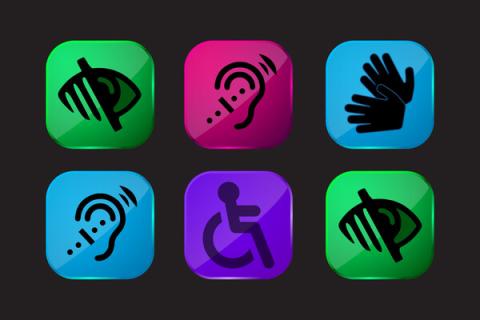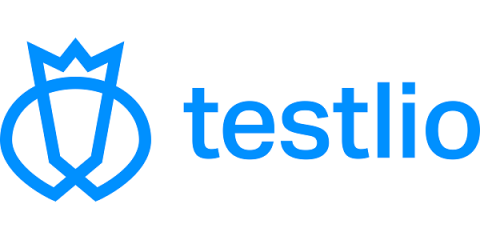Systems | Development | Analytics | API | Testing
January 2024
Bitrise Build Cache reduces Bazel and Gradle build times on CircleCI by 72%+
A Guide to Dependency Caching and Build Caching
Optimizing Build Cache Performance with Bitrise Insights
Build Cache Latency: 3 Common Causes and How We Solve Them
Understanding Android In-App Purchases: A Developers' Guide
Mobile app security is just like housekeeping
Exploring Swift Extensions: Strategies for Efficient iOS Code
The Evolution of Mobile Scriptless Testing
Perforce Adds Support for Critical Accessibility Testing of Mobile Applications
How to get app investors for your idea? - An Investor's Perspective
Importance and Methods of UX Research
New: LaunchDarkly Feature Flags integration with Release Management
The iOS Developer's Playbook: Mastering SwiftUI Forms
Cyber Defense Automation & Mobile App Security Explained
Upcoming changes to Google Play for developers
Webinar | Seamlessly Automate Functional Tests With Testsigma's Low Code approach
Understand Microfrontends: A Guide for Developers and CTOs
9-Step Mobile App Testing Strategy Checklist
Tips to increase mobile app engagement
User engagement means how much a person uses an app and stays interested in it. It's super important for developers to give users good reasons to keep using their app. In mobile marketing, a big goal is to get more people engaged with apps. This can be done in different ways like sending them emails that they're interested in, making content that's just for them, and trying out new marketing ideas.
Swift Code Analysis: Integrating Sonarqube
SonarQube is an open-source platform that allows you to continuously inspect and measure code quality as you develop your project. It provides static code analysis for code issues, security issues, and code smells in various programming languages, including Swift. This helps development teams maintain and improve code quality by identifying and finding issues in the development lifecycle, if paired with a good testing methodology it can make a difference in your app quality.
Git Insights: You can ditch spreadsheet tracking and custom dashboards to track Git collaboration
Engineering Managers, Team Leads and Product Managers can now identify and address collaboration inefficiencies before they escalate. Using metrics such as pull request cycle time and merge frequency, you can pinpoint bottlenecks more quickly, quantifying Git collaboration and enhancing overall productivity.
A Comprehensive NextJS Router Guide for Developers
ReactJS is undoubtedly the most popular library for developers to build web and mobile applications. Its community is vast, so you get all the support you need as a developer while building applications. However, ReactJS is just a library for user interface development. It encourages us to build applications with the component architecture, which follows a tree hierarchy.
Top 8 Cross-browser Testing Tools For Mobile & Web
Admittedly, Chrome is the dominating browser with around 62.3% of market share as of Nov 2023, but if you only test your websites on Google Chrome, there is still around 38.7% of your users who visit your site on other browsers that you are missing out on. What if a bug occurs on those browsers? To ensure that no bugs went undetected, you need cross-browser testing. To test across browsers, you may need a cross-browser testing tool.
How To Create Maintainable #Selenium Tests with #Kotlin | Attila Fazekas | #automationtesting
Unlocking the Power of Swift Generics: A Comprehensive Guide for Developers
Swift is a high-level programming language developed by Apple, which first appeared on June 2, 2014. Swift is vast and complex, containing all the major features we expect in a modern programming language. Generics are one of the most fundamental tools in all of Swift, empowering us to write more abstract, reusable and clean code. With Generics, we can use different data types in the same functions and classes, with minimum assumptions.































